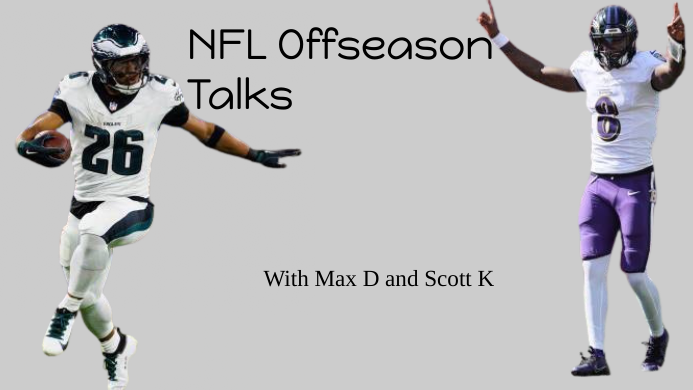Can dogs understand us? Of course!
Bella thrives under the praise of her owner, Courtney Green, a member of the class of 2017.
September 26, 2016
Hungarian scientists have finally proven that our four-legged-friends understand us, and in more ways than one. According to a study performed in Eötvös Loránd University in Budapest, “Dogs’ brains respond to actual words, not just the tone in which they’re said.”
In that study, dogs from 13 willing families were trained to lie motionless under a magnetic resourcing image (MRI) scanner while they listened to a recording of their trainer’s voice. The dogs heard meaningful (e.g. “well done”) and meaningless (e.g. “as if”) words in both a praising and neutral tone. Regardless of the trainer’s tone, the dogs processed only the meaningful words in the brain scans.
“There’s no acoustic reason for this difference,” Attila Andics, a neuroscientist at Eötvös Loránd University, said in his interview with Science, “It shows that these words have meaning to dogs.”
Lancer Media decided to test out these findings with local canines–our family pets.
Caroline John, a member of the class of 2018, said her dogs react to her famil.y “Whenever they do something bad…they’re happy until [my family and I] start yelling at them about how we’re disappointed.”
Her dogs–a one year old Labrador mix named Luna, and a five month old beagle and German Shepard mix named Charlie–also have specific behavior when they are scolded.
“Luna gets really sad, lowers her head, closes her eyes, and sometimes she even goes to her crate without us asking when we’re angry with her. Charlie hides from [my family] because he knows that he’s in trouble, and he doesn’t want to get punished,” John said.
Although dog owners may not have access to an MRI scanner at home, they can still pick up on the physical response’s their pooch provides.
Kenny Thomas, a member of the class of 2017, said “If I stop [paying attention to my dog], she taps me with her paw to let me know she wants more love.”
Not only do dogs understand people’s speech, but they understand people facial expressions as well.
In a study conducted at the University of Veterinary Medicine in Vienna, Austria, Biologist Corsin Müller trained 11 dogs to touch a screen of a happy or angry face in return for a treat. For the experiment, dogs were faced with real people’s faces, and performed beyond expectations.
According to Müller’s study, “…the dogs did not rely purely on the presence or absence of simple local cues when learning the discrimination task. Instead, they must have used the emotional expression of the stimuli… this was the only distinguishing feature shared by the training stimuli and the stimuli of all four [tests].”
John also noticed that her dogs take notice in her visible mood, “When I’m sad, Luna comes up to me and snuggles with me. When I’m happy, she and Charlie jump on me and are playful.”
From understanding what we say, to recognizing our facial expression, it’s no wonder that dogs are considered “man’s best friend.”






